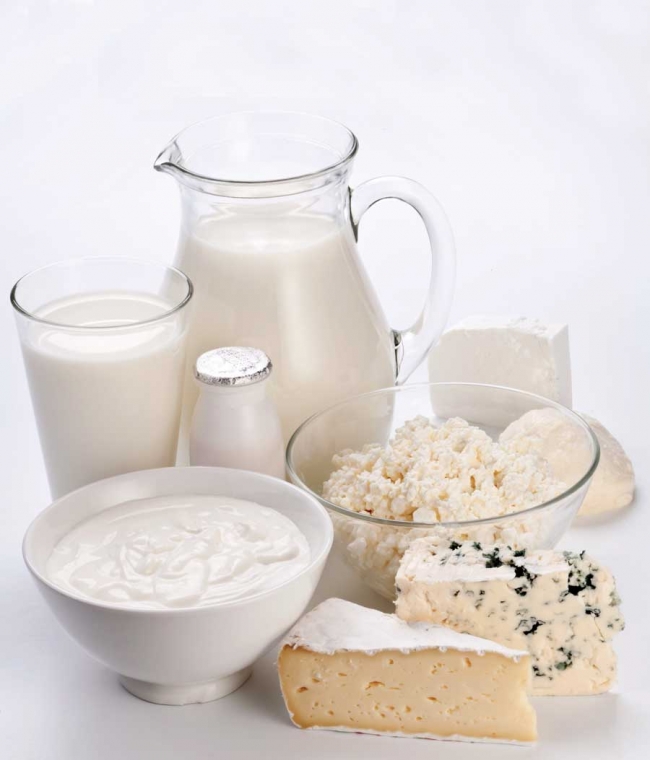Losing and maintaining optimum weight has been one of the greatest concerns of the health conscious, all over the world. Excessive weight not only makes one look unattractive but brings along with itself, a string of health problems, some of which are life threatening. Over the ages many theories, largely consisting of diet plans and workout routines have been devised to help those who wish to reduce their excess weight. However, the success ratio of these diets have not been encouraging mainly because the basic logic behind these diets is flawed. Only when these flaws are eradicated, the dieting theory adopted to lose weight can be successful.
Avoiding carbohydrates completely
This is the most common and the gravest flaw that most diets dictate. Most diets advocate avoiding carbohydrates and fats completely, relying only on proteins, vitamins and minerals to nourish the body. The problem with such a diet is that, initially an individual does lose weight but what is indicated as weight loss on the weighing scales is not essentially fat loss. A change in weight is brought about by the loss of lean muscle tissue which is a fat burning tissue. The loss of this tissue is caused by lack of proteins. While the diet prescribes unlimited amount of proteins, the body requires carbohydrates to break down the proteins to amino acids such that it can be used for the wear and tear of the body and to build lean muscles which will in turn burn fat when you have a workout. Hence, a diet that proscribes carbohydrates always fails.
Starving yourself
A myth that diets promote, is that you need to starve yourself in order to lose weight. This is however, a far cry from the truth. On the contrary, it has been found that the more you starve yourself the more you gain weight. This is because when you starve yourself, the body that has been designed for survival, goes into the starvation mode, where it starts storing the fat reserves preparing the body for surviving the fasting period. The whole process takes you farther from your goal of losing the extra weight and results in the body holding on to its fat reserves even more firmly.
Eating only fibre rich food
While fiber rich food products are considered healthy, having just them as a part of the diet is a very foolish attempt at losing weight. Fiber rich foods contain roughage which allows easier bowel movement by making the process of digestion easier. They also make possible the absorption of important trace minerals. However, eating only fibrous food is detrimental to health and deprives the body of essential nutrients that it gets through other food groups such as carbohydrates, fats, proteins, vitamins and minerals. The body needs the nourishment provided from all the food groups in order to perform efficiently and maximize the benefit provided by every food group.
Avoiding exercise
Diet control without exercising is not the ideal way to lose weight and will result in regaining the weight once the person is off diet. Exercise is a non-negotiable aspect of any good lifestyle. It leads to overall fitness and not just weight loss. Exercising tones up the muscles, increases stamina and burns up the calories you consume which not just helps you lose weight but maintain it as well. Along with that, exercising also helps increase the energy levels of an individual and improves mental health, keeping dullness at bay. Exercising complements the diet control plan and makes it more effective.
Fasting and feasting
A commonly promoted aspect of dieting is to feast when in a party and then compensating for the same by fasting the next day. During festivals, these diets go for a toss due to their restrictive nature, resulting in the person on a diet giving in to the cravings of sugar laden food products and later feeling guilty over it. It should be understood that the body does not store calories post every meal and compensating for the indulgence might confuse the body into believing that it is in the starvation mode and respond by storing its fat reserves, making it even more difficult to lose weight.
One size fits all approach
All diets have a ‘one size fits all’ approach, which is to say that they provide no space for customization and are rigid in nature. They promote fasting for longer hours, with early and light dinners and then feasting, with a sumptuous breakfast. However, the quantity that an individual consumes at any given time should be directly proportional to the amount of work done by them. If an individual works out during the evening and then has a light dinner consisting only of a soup and salad, the body will be deprived of the energy that it demands post workout and does not respond in the desired manner as far as losing weight is concerned. Diets have to be tailored to suit the needs and timings of every individual for it to result in success.
Suppressing hunger pangs
Being on a diet is synonymous to being hungry all the time, which means that you have to stop listening to the stomach when it calls out for food and tell it to control itself. This results in diminished hunger pangs. Hunger pangs are the body’s way of informing you that it requires energy to function any further and suppressing it results in lowered performance. When hungry, the functions of the brain reduce as well and hunger stops it from performing to its fullest potential. Being hungry for longer periods of time has been associated with many complications. Hence, common sense must be applied while following such diets and hunger pangs should never be suppressed.
Extremist approach
Almost all diets are restrictive in nature. They strictly ban certain food groups all together. Some diets even advocate eating only chillies or baby food in order to lose weight. However, the body functions properly only when it receives all the nourishment in the proper quantities. This requirement of the body when not satisfied results in cravings. Exercising will power over these cravings means denying the body of some vital nutrients. But, when an individual gives in to such cravings they often end up having double the quantity of what they would have otherwise consumed. This results in the failure of the diet plan leaving the individual following the diet even more frustrated. Moderation is the key of any good diet. Extreme approach towards diets is what leads to failure.
Banning dairy products
Banning dairy products due to their high fat content, is another flaw that has profound effects on the overall success rate of the diet plan. Dairy products are needed by the body for their daily functioning. Calcium, good amount of proteins, healthy fats, vitamin B12, etc., the important components required by the body are all available from the dairy products. Excluding dairy products from diet leads to grave problems such as weak bone
s and teeth, spondylitis, slip discs, etc. The result is that the person on such a diet has to take calcium pills in order to restore the loss of calcium that the body has suffered. Exercising common sense is essential and these rigid rules dictated by diets should not be followed blind-foldedly.













